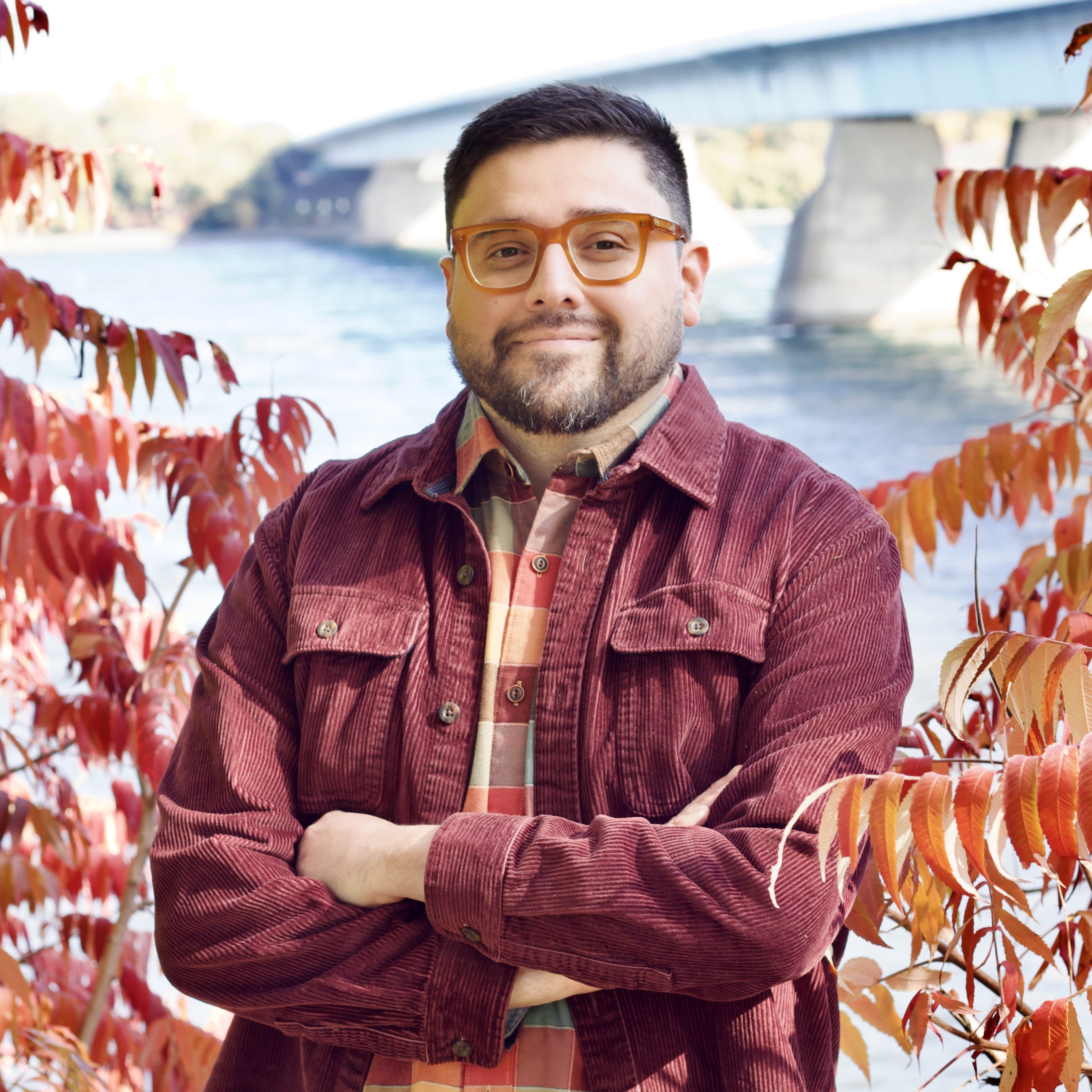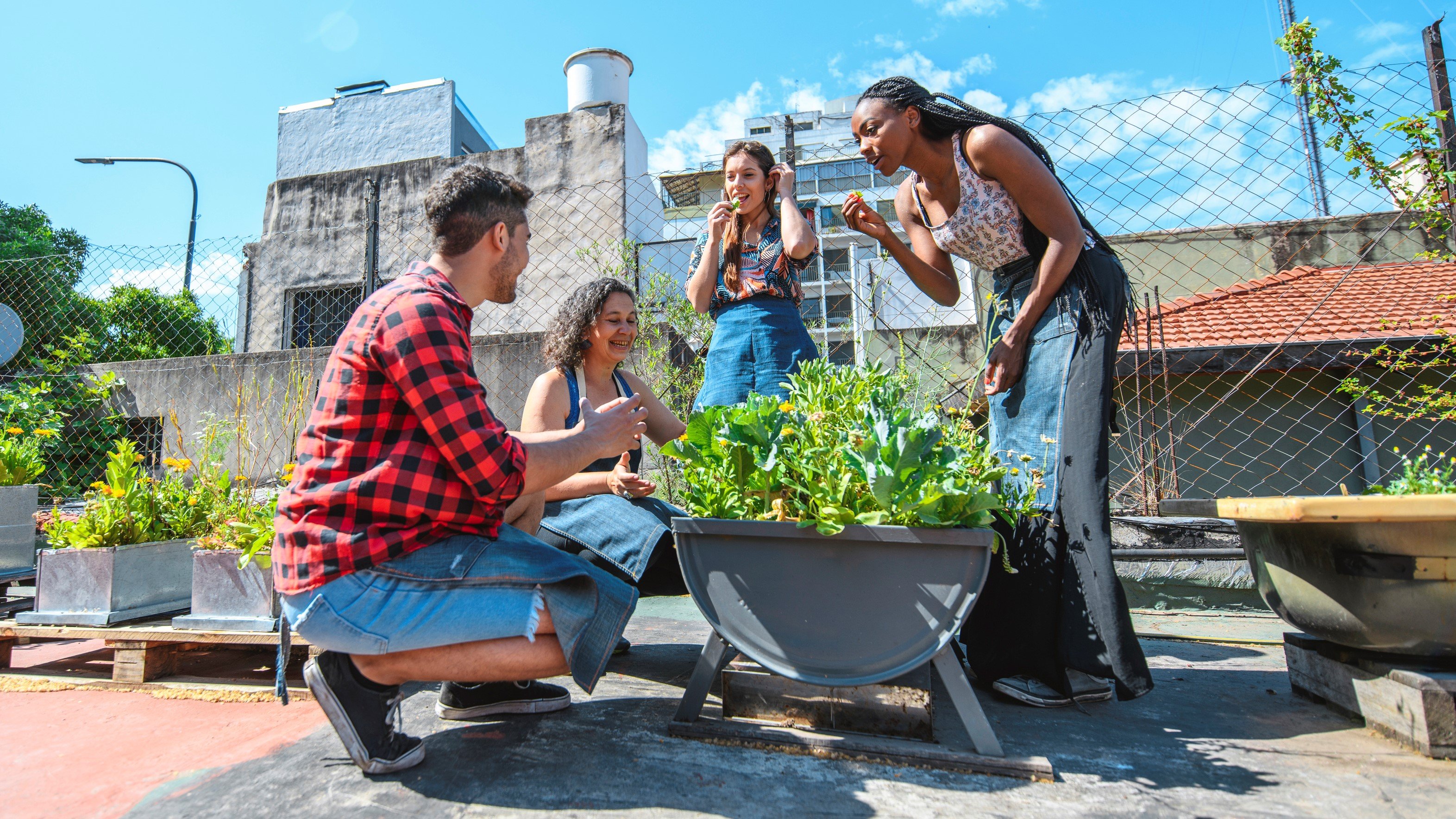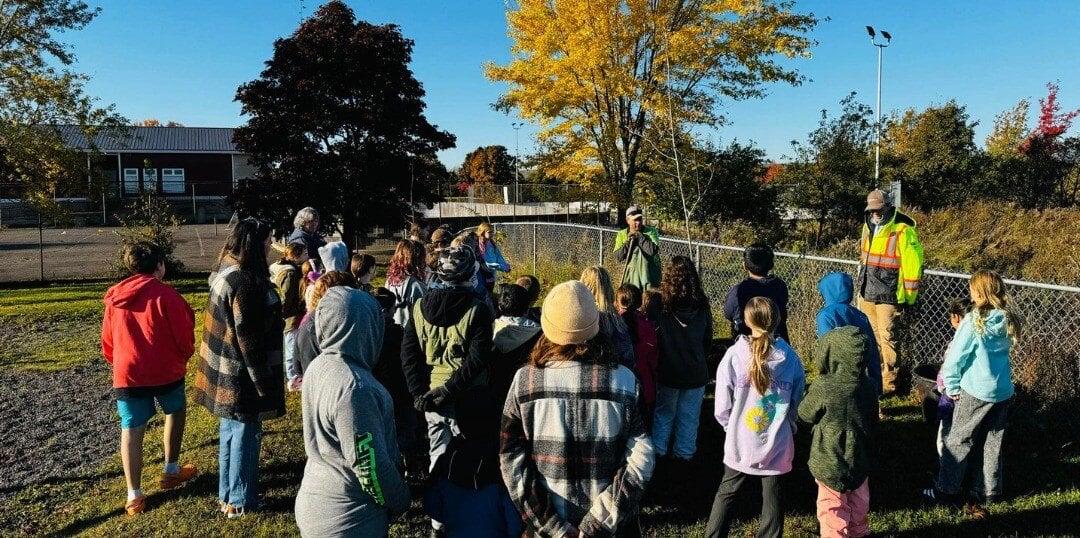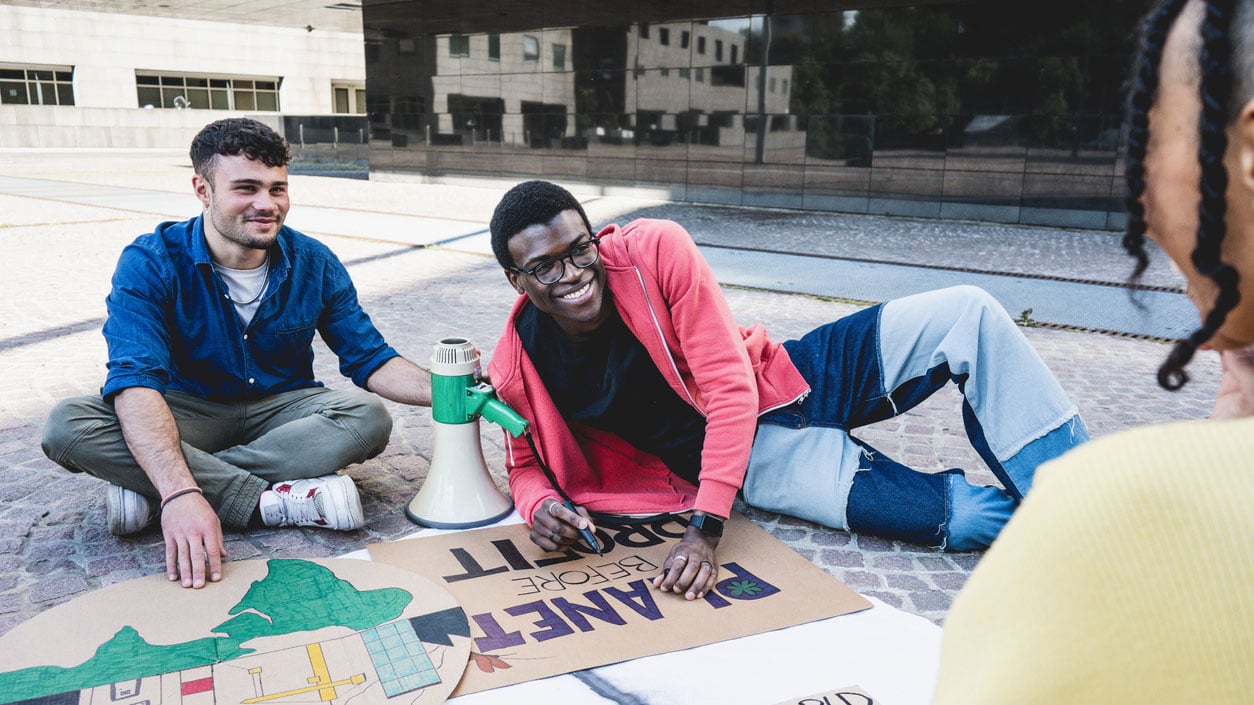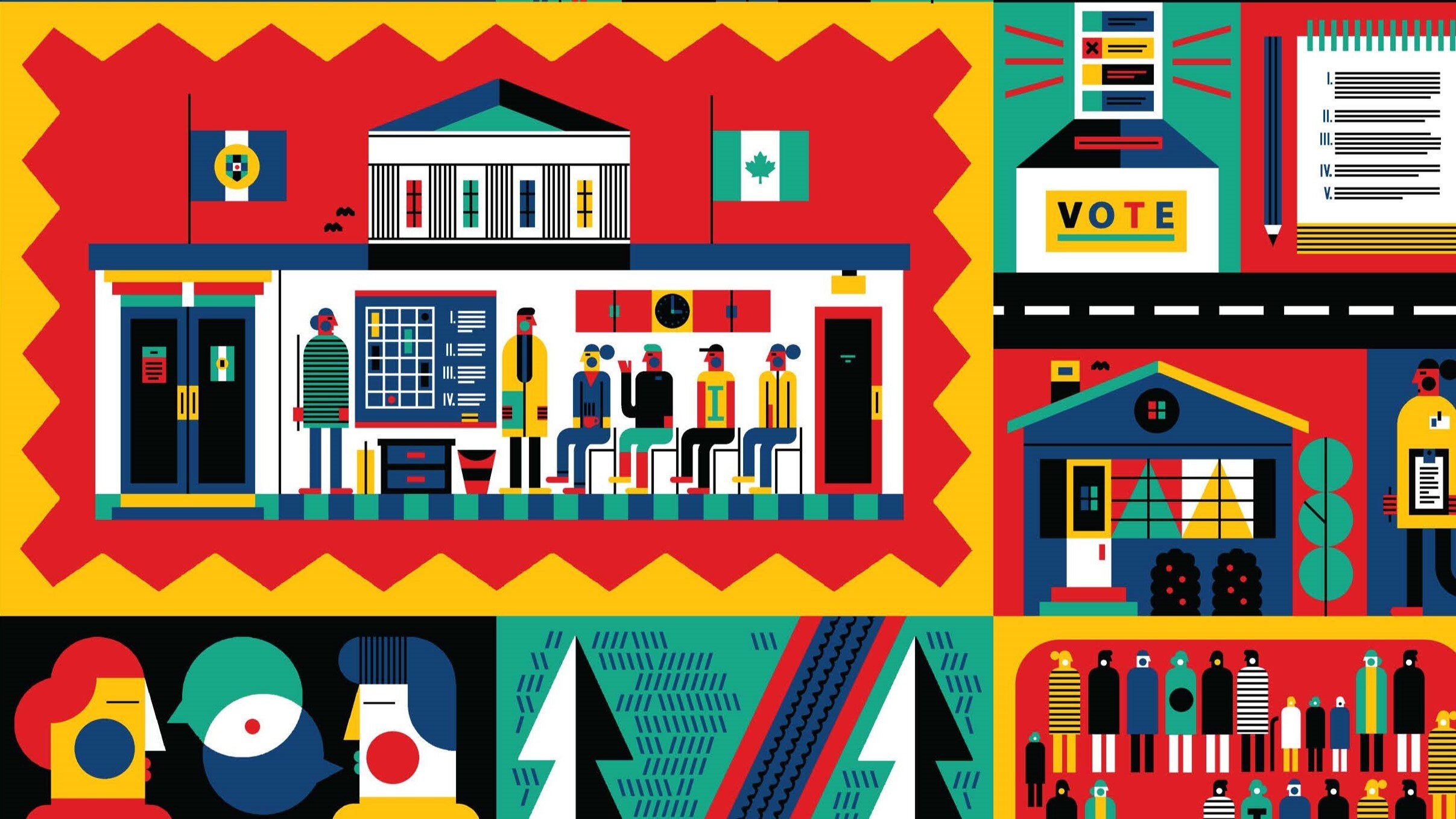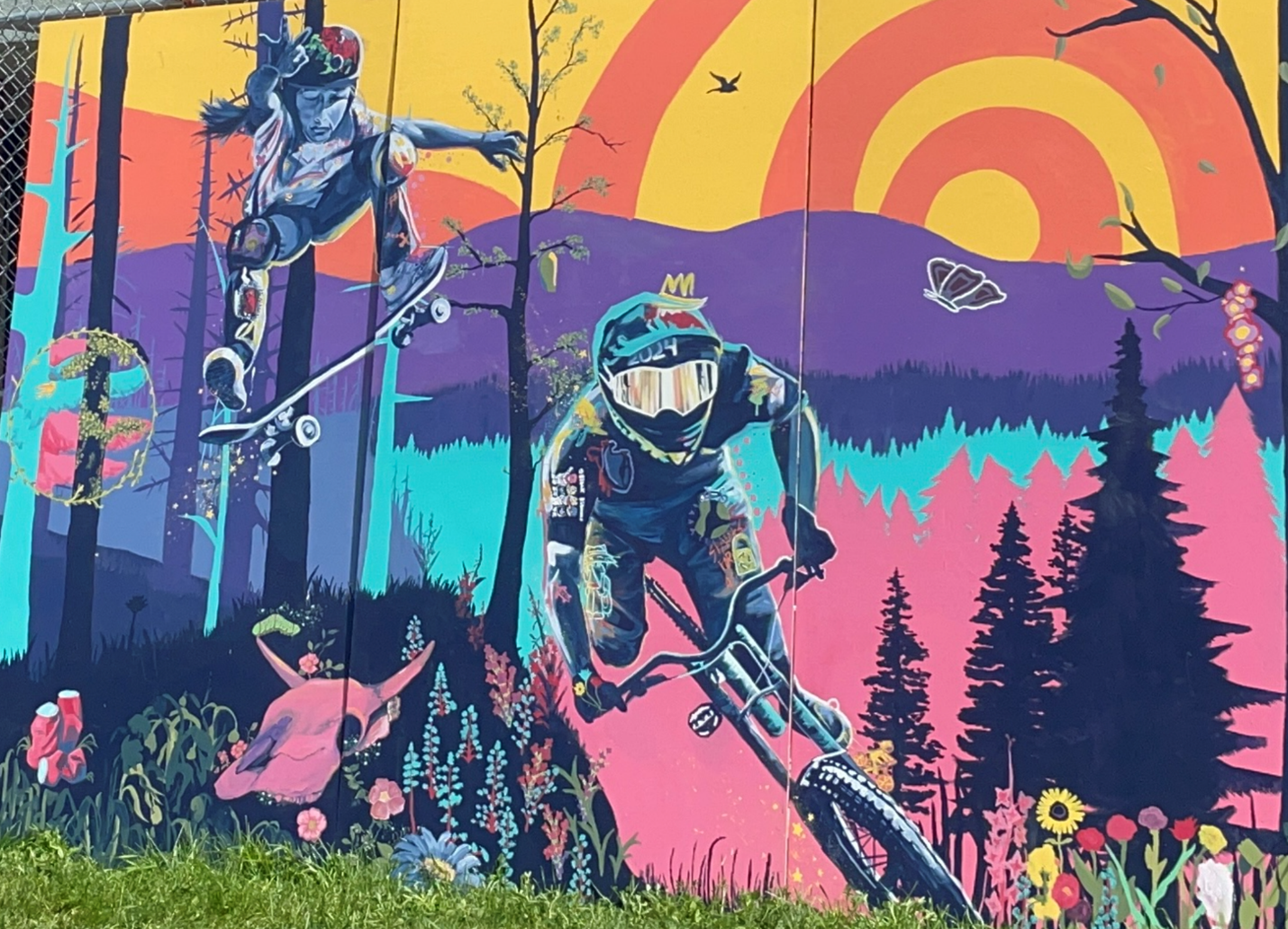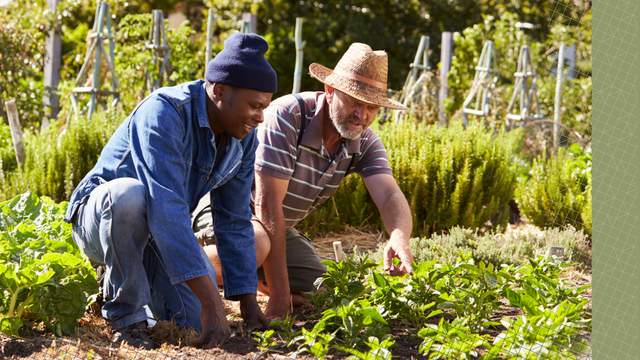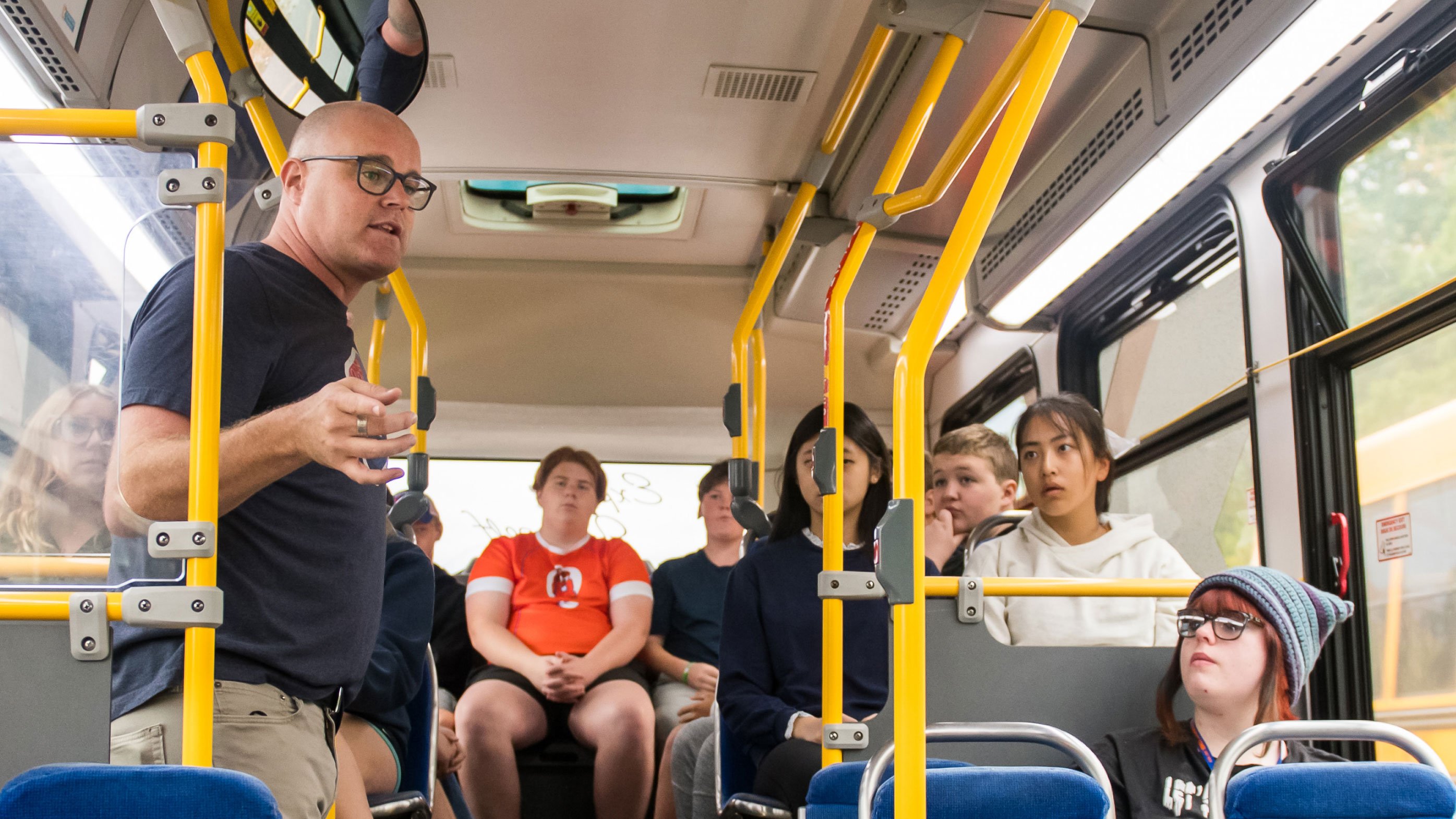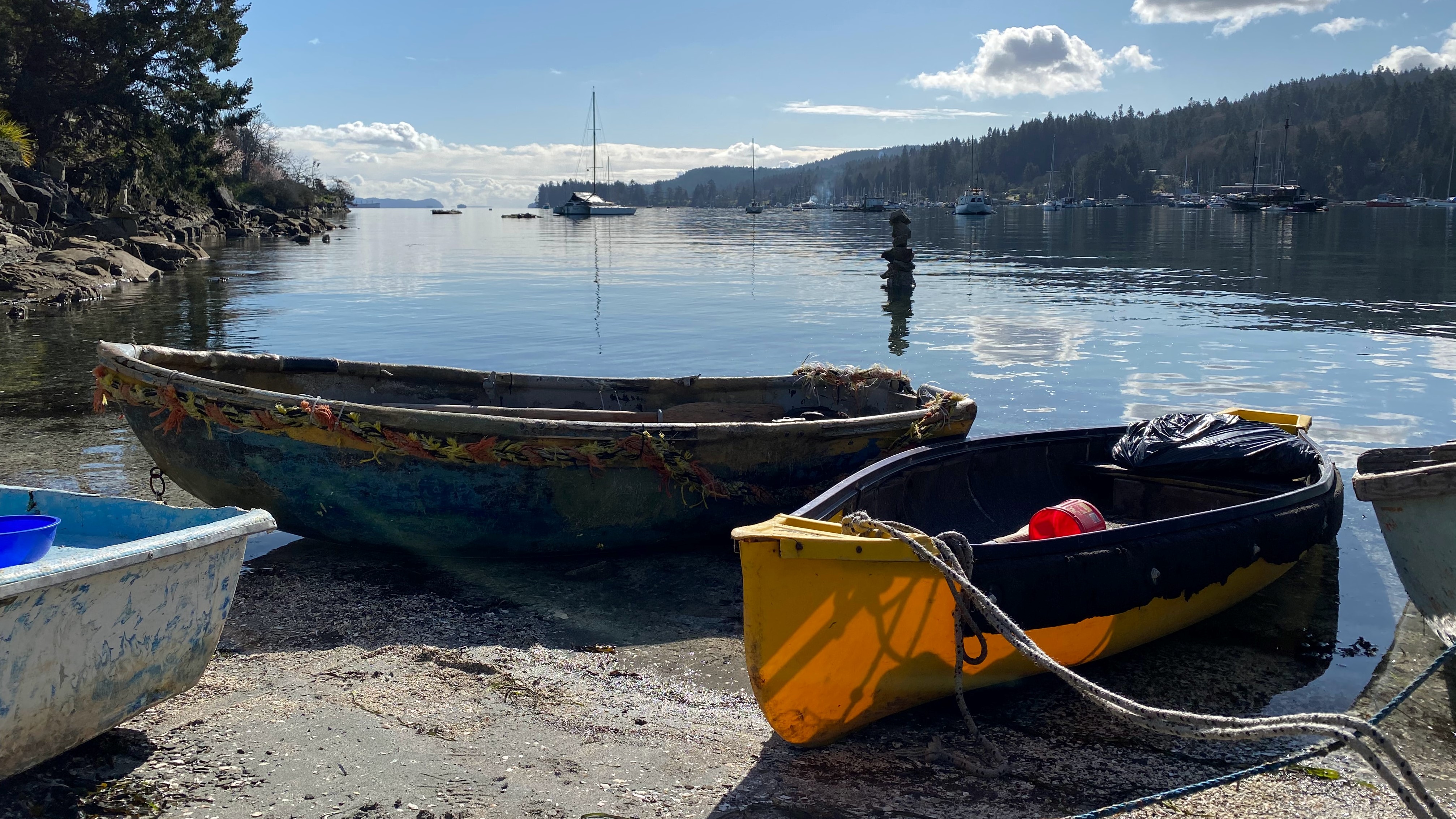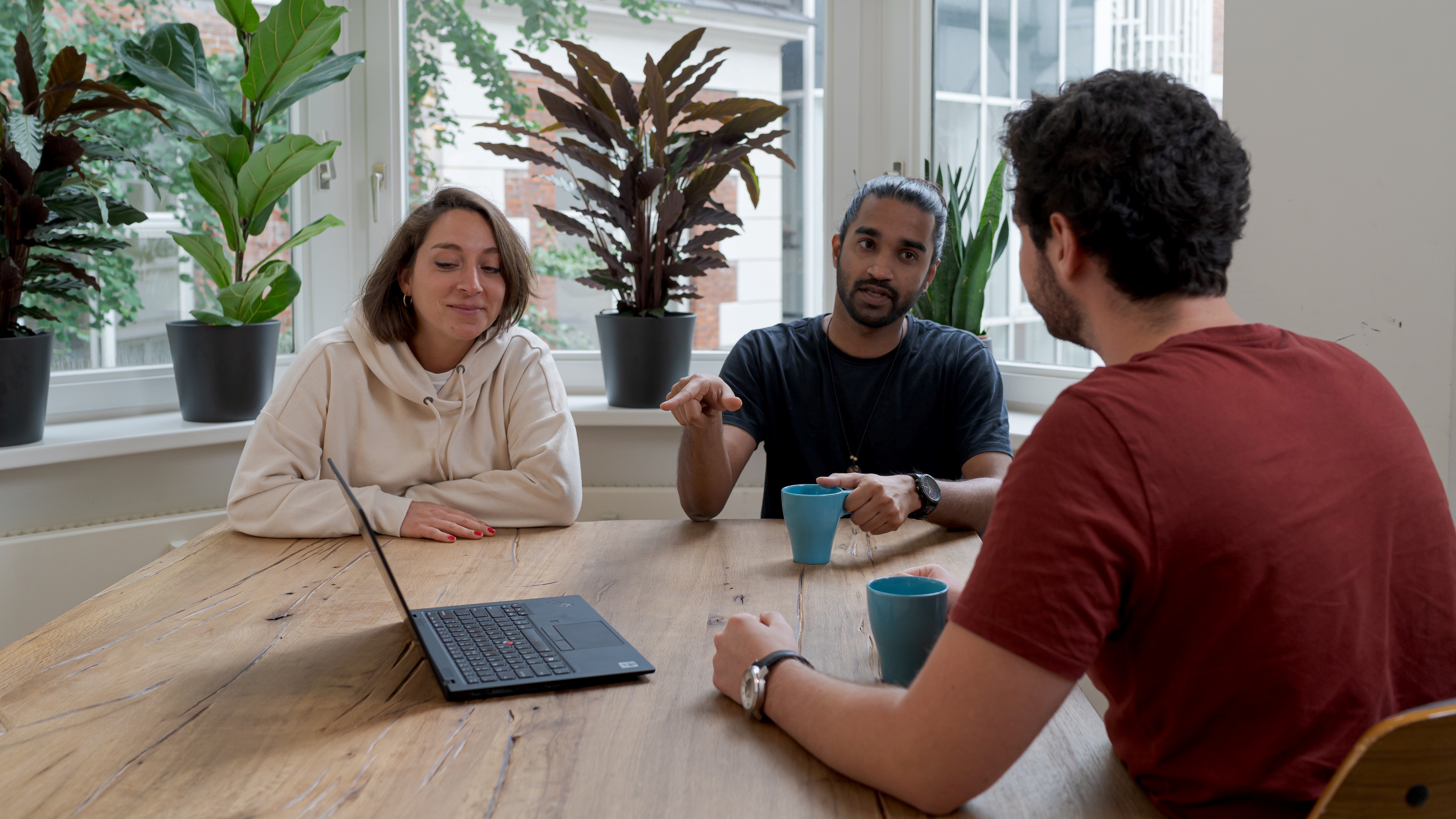This blog post is adapted from a Medium piece published on December 6, 2021. Read the full story here.
As we embark on the decade of action, we continue to witness the devastating effects of the pandemic and the climate crisis. How can communities develop caring systems and a renewed sense of belonging? And how can we design regenerative infrastructures that are adapted to the future?
Below are some reflections on social regeneration and its significance in enabling the transition toward more equitable, nature-centred and future-forward communities.
 Regenerative future
Regenerative future
For centuries, we have developed systems of oppression that promote an extractive relationship with nature and with one another. Such practices have brought us apart and have contributed to widening social and economic inequalities, causing catastrophic effects on the environment.
As we stand at a change in our direction for the next 10 years, we are called to serve a mission to build an equitable and regenerative future for all living beings. To do so, we need to give ourselves permission to imagine the unimaginable as we build bold new ways of collaborating across disciplines and communities.
Climate change is undoubtedly the biggest threat to life as we know it. Addressing this challenge requires bold leadership to build a common vision toward an economy that celebrates planetary life.
Five key mindsets to activate social regeneration
Social regeneration contributes toward developing a vision of the future in which our systems and infrastructures are adaptive and designed to enable planetary wellbeing for current and future generations. It is an invitation to move beyond resilience by strengthening our collective capacity to recover from a disaster and assess what is needed to move from a state of destruction toward healing.
Below are five key mindsets to activate social regeneration:
-
Curiosity: Building a culture of experimentation and collaboration in places.
-
Empathy: Strengthening our ability to advance community-driven solutions that promote holistic outcomes.
-
Accountability: Acknowledging our collective responsibility to our shared future, honouring our planetary boundaries and our atmospheric commons.
-
Deep listening: Promoting generative connections that strengthen empathy and belonging.
-
Authenticity: Developing genuine relationships guided by a shared sense of purpose.
Principles to support transformative processes
 In activating social regeneration at the community level, we also need to consider adopting essential principles to support transformative processes:
In activating social regeneration at the community level, we also need to consider adopting essential principles to support transformative processes:
-
Nurturing trust to engage from a place of respect and appreciation for one another. Having safe spaces that are grounded in trust can be a powerful driver for addressing power disparities and building equity.
-
Designing future-fit institutions that respond to the magnitude of the climate crisis and the pandemic. To assess the state of our institutions and systems, we need to develop participatory approaches that engage everyone in the co-creation process.
-
Building ecosystemic infrastructure to activate spaces and bridge relationships that contribute to meeting local and collective needs.
-
Centring design principles around ecological wellbeing to develop more equitable communities that place nature at the heart of city-building.
-
Rethinking our relationship to the land to repair our relationships with ourselves and with one another.
Dive deeper
-
Learn more about the Community Climate Transitions Cohort, a 10-month program for a group of trailblazing communities from across Canada to develop and implement community plans for a just and equitable transition. Make sure to sign up for our newsletter to stay tuned for updates.
Cette ressource est également disponible en français. Cliquez ici pour accéder à la page de destination de la version française.


